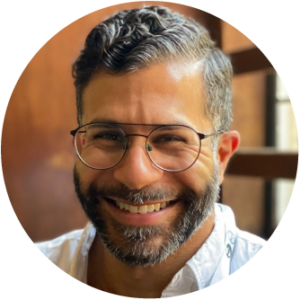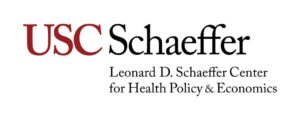Health & Wellbeing
Homelessness Prevention:
Preventing Homelessness With the Arizona Self-Storage Industry
The Challenge
Between 2020 and 2022, homelessness in Arizona reached crisis levels, increasing 23% and leaving more than 13,000 Arizonans unhoused. In cities across the U.S., rising costs of living, a lack of affordable housing options, and the lingering effects of the COVID-19 pandemic have contributed to sharp increases in unhoused populations. New approaches are needed to address this issue.
Storage facilities are one such unconventional touchpoint for interventions that could help keep people housed. People facing housing uncertainty often use self-storage facilities to store their belongings when downsizing or moving, or even for shelter in some cases. Introducing needed resources that employees can make available in the normal course of their work is a fresh idea with potential to scale — but the concept needs to be tested and optimized to help as many people as possible.
This initiative has potential benefits for everyone involved. A recent survey conducted by USC found that self-storage facility employees estimate 10% of their customers are at risk of losing their housing, with 82% of employees saying they have few resources to help these customers, and 82% saying that having such resources would increase their job satisfaction.
“In the real world, only a small number of people with mental health and financial struggles actually make their way to professional help. This means informal sources of support are valuable in our community. Self-storage employees are a touchpoint for people facing life transitions, such as housing struggles. In addition to offering a friendly ear, these employees may also be able to help direct people to the resources they need. Our project offers minimal changes to the environment to nudge these conversations with self-storage clients toward identifying where resources can be found.” – Dr. Jason Doctor, USC Price School of Public Policy
The Partnership
USC Dornsife Public Exchange is partnering with the Arizona Self-Storage Association (AZSA), Arizona State University’s (ASU) Action Nexus on Housing and Homelessness, and a team of researchers from USC Price School of Public Policy, USC Suzanne Dworak-Peck School of Social Work, and USC Viterbi Institute for Creative Technologies to run an innovative pilot project that connects customers in need with vital resources.
USC’s expertise in developing effective, low-lift interventions is coupled in this collaboration with ASU’s extensive grassroots knowledge of the local landscape of resource providers and AZSA’s unusually high levels of engagement with customers in need of these services.
“By providing resources and support, we are not only helping individuals in the self-storage industry, but also tenants who may be experiencing challenging life transitions. This partnership is a testament to our commitment to making a positive impact in communities across the state.” – Amy Amideo, Executive Director, Arizona Self-Storage Association
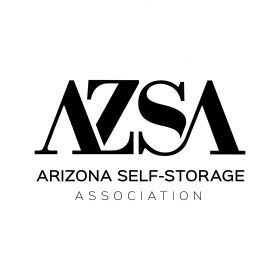
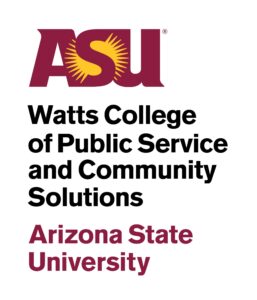
The Approach
Led by USC faculty with expertise in health, behavioral science, and psychology, this project will create and test interventions that support self-storage facilities and staff, while also connecting Arizona residents with needed resources. The study will take place in three phases.
Phase 1: Interview Staff
Researchers will interview storage facility staff in parts of the Phoenix Metropolitan Area with high numbers of at-risk residents (Central Phoenix, Tempe, Scottsdale, and East Mesa) to determine the most effective and appropriate ways to identify customers who may need help and to deploy resources.

Phase 2: Test Intervention Strategies
Researchers will test the intervention in self-storage facilities, directing at-risk individuals to a list of resource providers curated by ASU’s Action Nexus on Housing and Homelessness.

Phase 3: Gather Feedback for Future Models
Researchers will analyze staff feedback on the experience, count the number of provider connections, and use other relevant data to create a publicly available report and recommendations for AZSA leadership and other stakeholders.
Given the scale, reach, and interconnectedness of the self-storage industry in Arizona and nationwide, this pilot could serve as a model for similar interventions in cities throughout the U.S. struggling to address this critical challenge.
Project Team Members
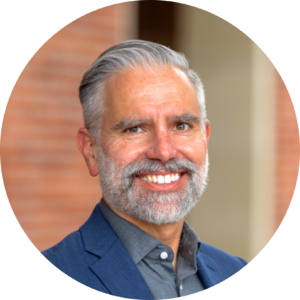

School of Social Work

for Creative Technologies
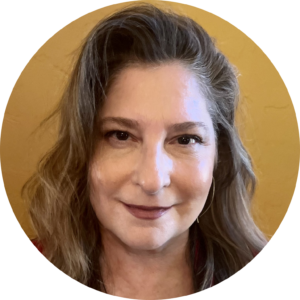
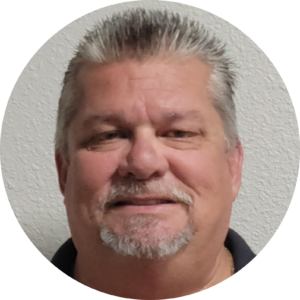
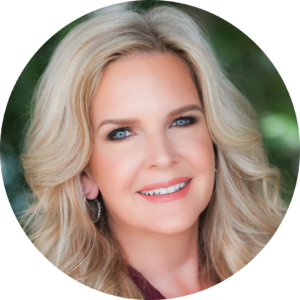
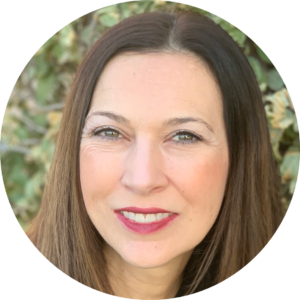

School of Social Work
